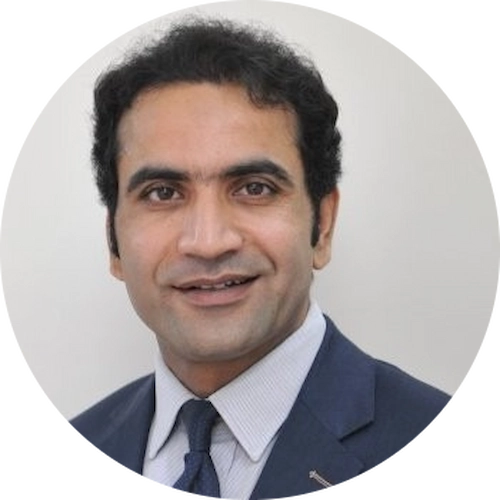International Business Challenge A Simulation Capstone (MNG285)
Program code:
ECTS:
Teaching language:
Course goals
This course offers students a practical application of the business knowledge and skills they have gained throughout their bachelor’s program. Assuming a general management role within a global car manufacturing simulation, students will be tasked with overhauling a value proposition in a competitive international landscape, testing value chain alterations, and maximizing capital returns, all while prioritizing stakeholder interests and minimizing environmental impacts.
Participants will gain exposure to the intricacies of regional and global business operations while serving in top-tier corporate leadership roles. By adopting a system thinking approach, they will cultivate a wide array of skills. Teams of approximately 5-6 students will represent a multinational corporation, overseeing both domestic and international business sectors. This process will enhance their ability to spot business prospects and risks, assess market strengths and vulnerabilities, and devise company and market entry strategies. This involves making decisions on topics like mergers, marketing strategies, international investments, competitor analysis, procurement, global sourcing, expansion and capacity planning, HR planning, and finance & accounting. These decisions encompass all essential functions of a global automotive firm.
As part of the course, students will engage in several rounds of the simulation, managing four distinct business units within a large multinational car manufacturing company. Pertinent lectures will be woven into the different decision-making rounds. The course concludes with a shareholders’ presentation where each group will present the strategies they have developed and the decisions they have made throughout the simulation.
Course results
- On successful completion of this module graduates are able to directly transfer their knowledge to practice:
– This module contains a business simulation about an automotive company serving different customer segments. By allocating the roles of the CEO and the other board members students learn about the composition of a Management Board in an international company.
– Students apply the knowledge they adopted in the last two – three study years by, for example, making finance decisions, deciding about the firm’s strategy, environmental impact of products or international marketing campaign for the products.
– By giving their company a name, develop a slogan and a logo as well as a strategy, students directly transfer their knowledge to practice. - On successful completion of this module graduates understand technology and its impact on both individuals and organizations:
– Through many cases on the technology impact on people and organizations, the students will acquire conceptual and empirical knowledge on important behavioral phenomena triggered through digitalization.
– Within the business simulation, students will be making various technology related decisions e.g. using the technology in products that could reduce impact on the environment. - On successful completion of this module graduates are able to independently solve problems and direct their own learning processes:
– In the module, students will work on many scenarios through which they will learn to independently and academically solve problems posed faced by organizations. - On successful completion of this module graduates are able to recognise and discuss the ethical dilemmas inherent in many business decisions and take a stand:
– The business game contains a part about carbon emissions. Students will have to decide the amount of investments for reducing carbon emissions and may forgo some of the profits. - On successful completion of this module graduates can identify business opportunities:
– Identify dynamics and direction of international trade and foreign direct investment.
– The students will be able to identify business opportunities after completion of the module. - Examine assessment techniques and entry modes into international markets:
– Students will be making various international business decisions within the simulation such as opening a new plant, buying an existing plant, import or export of cars.
